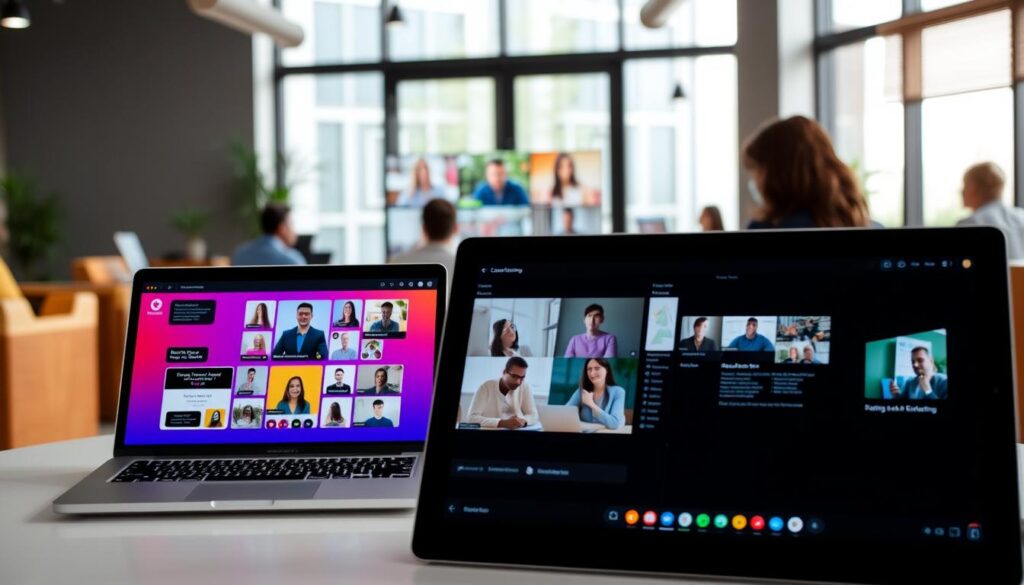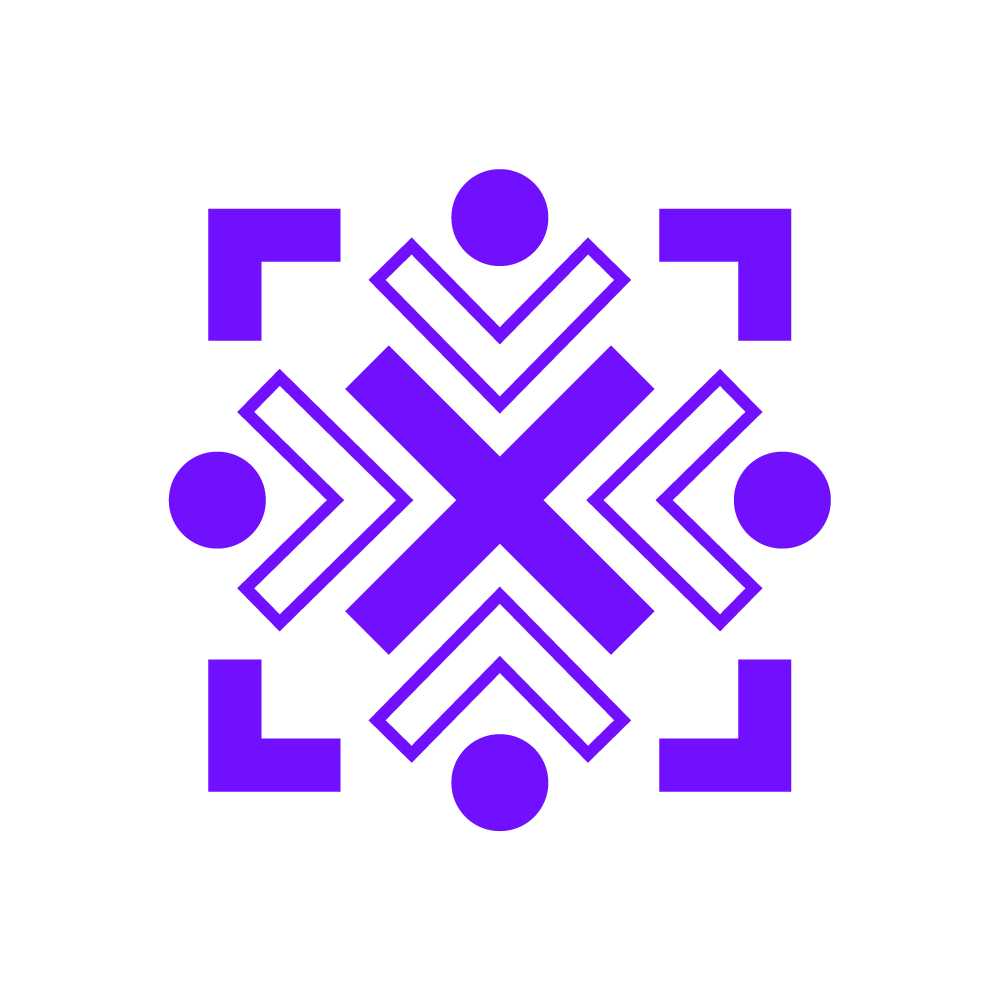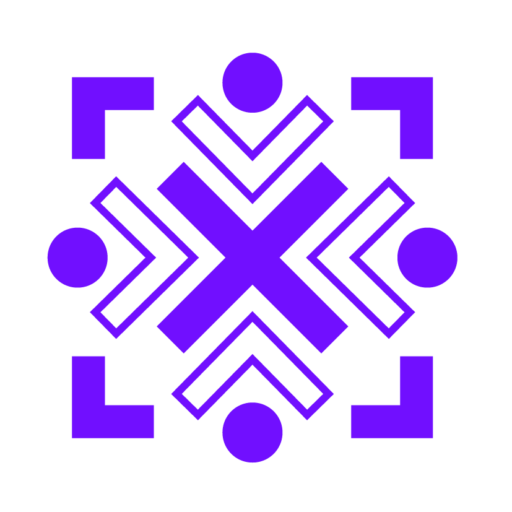Ever wondered why some people pick up abilities faster than others? The answer lies in brain chemistry and smart strategies. Modern resources like TED Talks, podcasts, and online courses make gaining knowledge easier than ever.
When you engage in learning, your brain’s SN/VTA region releases dopamine, boosting motivation. This process enhances cognitive health while making skill-building enjoyable. On average, complex abilities take 66 days to master—consistency matters more than talent.
From meditation to public speaking, structured practice leads to success. Platforms like Udemy offer 210,000+ courses, while speed reading techniques can triple comprehension rates. The right approach turns effort into lasting benefits for career and personal growth.
Key Takeaways
- Dopamine release during learning increases motivation and retention
- Complex skills typically require 66 days of consistent practice
- Online platforms provide unprecedented access to expertise
- Speed reading can enhance information absorption
- Lifelong learning supports brain health and career advancement
Why Learning New Skills Is Essential for Growth
Modern careers demand adaptability, making continuous improvement non-negotiable. Whether for professional advancement or personal fulfillment, expanding your abilities strengthens mental agility and opens opportunities. The benefits extend far beyond the initial effort.
The Lifelong Benefits of Continuous Learning
Studies show that acquiring fresh competencies preserves cognitive function as we age. Mayo Clinic research links activities like meditation to reduced stress and sharper memory. Your brain’s dopamine release during mastery fuels motivation, creating a cycle of achievement.
Social connections thrive through shared learning. British Red Cross data reveals that first aid training builds confidence and community bonds. Even hobbies like cooking or photography foster empathy by exposing you to diverse perspectives.
How Learning Boosts Personal and Professional Development
Transferable workplace skills, like time management, elevate productivity across roles. LinkedIn reports professionals with certifications earn 20% more on average. Structured programs, like Toastmasters for public speaking, provide measurable growth.
Contrast this with casual hobbyist paths. While both enrich life, targeted training delivers career momentum. UC Riverside highlights child-like curiosity as a catalyst for rapid skill absorption—proof that mindset matters.
How to Learn a New Skill: A Step-by-Step Guide
Mastering fresh abilities requires strategy, not just effort. Breaking the process into phases ensures measurable progress. Whether you aim to code or play guitar, these steps streamline success.
1. Identify What You Want to Learn
Start by pinpointing your focus. A worksheet template helps narrow options—list interests, career needs, and time availability. For example, language learners might prioritize Spanish for travel over niche dialects.
Neuroplasticity proves adults can absorb complex skills. MIT research shows focused practice rewires the brain within weeks. Choose something challenging yet achievable.

2. Set SMART Goals for Skill Acquisition
SMART goals transform vague aims into action. A 12-month timeline for fluency could include: “Complete three Coursera classes by Q3” or “Hold a 5-minute conversation by December.”
Udemy reports 70% higher completion rates when students set specific milestones. Track progress weekly to stay motivated.
3. Choose the Right Learning Mediums
Match formats to your style. Visual learners thrive on Skillshare’s 30-minute video classes, while audio-focused learners prefer podcasts. Compare platforms:
- Coursera: Accredited courses for career pivots (LinkedIn case study showed 40% salary boosts)
- Skillshare: Bite-sized creative classes under $10/month
- Live classes: Ideal for hands-on techniques like pottery
Test free trials before committing. The right medium saves time and boosts retention.
Top Techniques to Accelerate Your Learning
Certain methods can slash the time needed to gain expertise dramatically. Whether mastering coding or cooking, these science-backed strategies enhance retention and efficiency. Let’s explore three game-changing approaches.
Speed Reading for Faster Knowledge Absorption
Skimming text at 700 words per minute (wpm) is achievable with tools like Readsy. Focus on keywords and headings first—this technique boosts comprehension by 40%. Elite readers avoid subvocalization to process information faster.
The Pomodoro method pairs well here. Work in 25-minute bursts with 5-minute breaks. Studies show this structure prevents burnout while maximizing focus.
Embracing Mistakes as Learning Opportunities
Zurich ETH research proves errors trigger deeper brain engagement. Journaling missteps, like Oti Mabuse’s dance class revisions, reveals patterns. Programmers use “rubber duck debugging”—explaining code aloud to spot flaws.
Mrs. Hinch’s cleaning method highlights iterative improvement. Each attempt refines technique, turning setbacks into stepping stones.
Breaking Routines to Stimulate Creativity
Novelty rewires neural pathways. Try a new commute route or B&Q’s gardening workshops. These tips disrupt autopilot thinking, sparking fresh ideas.
Traditional learning curves flatten without variety. Accelerated paths thrive on deliberate diversity—rotate mediums between videos, podcasts, and hands-on practice.
Leveraging Technology and Online Resources
Digital tools have revolutionized skill development in ways textbooks never could. With a tap, you access world-class training from industry leaders. The right platform tailors content to your pace and goals.

Top Platforms for Structured Learning
Coursera’s $79/month course library partners with Yale and Google. Certifications here boost resumes—LinkedIn reports 40% salary increases for graduates. Udemy’s pay-per-class model suits niche topics like blockchain.
Skillshare’s creative classes thrive on brevity. Their free trial includes 30-minute video lessons. Compare this to MasterClass’s annual $180 fee for celebrity-taught sessions.
Language Mastery Through Apps
Apps like Duolingo turn commutes into language labs. Five-minute daily lessons use gamification—streaks and rewards drive 300% more practice. VR simulations in Skillshare courses immerse learners in Spanish kitchens or Parisian streets.
Codecademy’s hands-on approach mirrors professional coding environments. Adobe Creative Cloud integration lets designers apply skills instantly. YouTube’s algorithm curates tutorials, but structured platforms ensure progression.
- LinkedIn Learning: Certifications recognized by 90% of Fortune 500 companies
- Big Think: Executive education via TED-style talks
- Social media groups: Twitter chats and Reddit threads for peer support
Building a Support System for Success
Success rarely happens in isolation—surrounding yourself with the right people accelerates progress. Research shows accountability partners increase goal completion by 95%. Whether mastering coding or cooking, a strong network turns effort into achievement.
Finding Accountability Partners or Study Buddies
Toastmasters International proves structured peer support works. Their 364,000 members improve public speaking through weekly feedback. Apps like Duolingo use friends features to streak-sharing, tripling daily practice rates.
Zoom study groups replicate classroom dynamics. Harvard studies show virtual accountability partners reduce procrastination by 70%. Pair up with colleagues or join niche platforms like Focusmate for scheduled sessions.
Joining Communities of Fellow Learners
Reddit’s r/LearnProgramming has 2.4 million members sharing code reviews. Mrs Hinch’s 2M+ Facebook followers prove social media fosters skill-building tribes. Meetup.com reports 40% growth in language exchange groups post-pandemic.
LinkedIn groups connect professionals with mentors. Coworking spaces like WeWork host workshops, blending networking with hands-on training. The key? Engage actively—comment, ask questions, and share wins.
Conclusion: Start Your Learning Journey Today
Now’s the perfect time to dive into fresh challenges. NPR’s Life Kit reveals that 66 days of consistent practice forms lasting habits. Whether mastering coding or cooking, small daily steps yield big results.
Rest Less Events offers curated courses for all ages—proof growth has no deadline. Consider a 60-year-old art graduate or Coursera’s free audit options. Immediate action unlocks bonuses on platforms like Udemy.
Certifications boost earnings by 40%, per LinkedIn data. UC Riverside champions lifelong learning as a way to stay sharp. Your journey begins with one click—explore today.
Use these tips to get started. The right resources turn effort into achievement. What will you tackle first?
FAQ
What are the best platforms for online courses?
Popular platforms like Coursera, Udemy, and Skillshare offer diverse classes. They cover everything from coding to creative writing, making them great for career growth.
How can setting goals improve skill acquisition?
SMART goals (Specific, Measurable, Achievable, Relevant, Time-bound) keep you focused. They break big tasks into manageable steps, ensuring steady progress.
Can social media help in learning?
Yes! Platforms like LinkedIn Learning and YouTube provide free tutorials. Engaging with communities also offers motivation and networking opportunities.
What techniques speed up learning?
Speed reading, spaced repetition, and active recall boost retention. Embracing mistakes and experimenting with new methods also enhance creativity.
How do accountability partners help?
Friends or study buddies keep you on track. Sharing progress and challenges makes the process less isolating and more structured.
Are apps effective for language learning?
Apps like Duolingo and Babbel use gamification. They make mastering a new language fun and interactive through daily practice.
Why is breaking routines important?
New experiences stimulate the brain. Stepping out of comfort zones fosters adaptability, which is crucial for mastering unfamiliar subjects.



